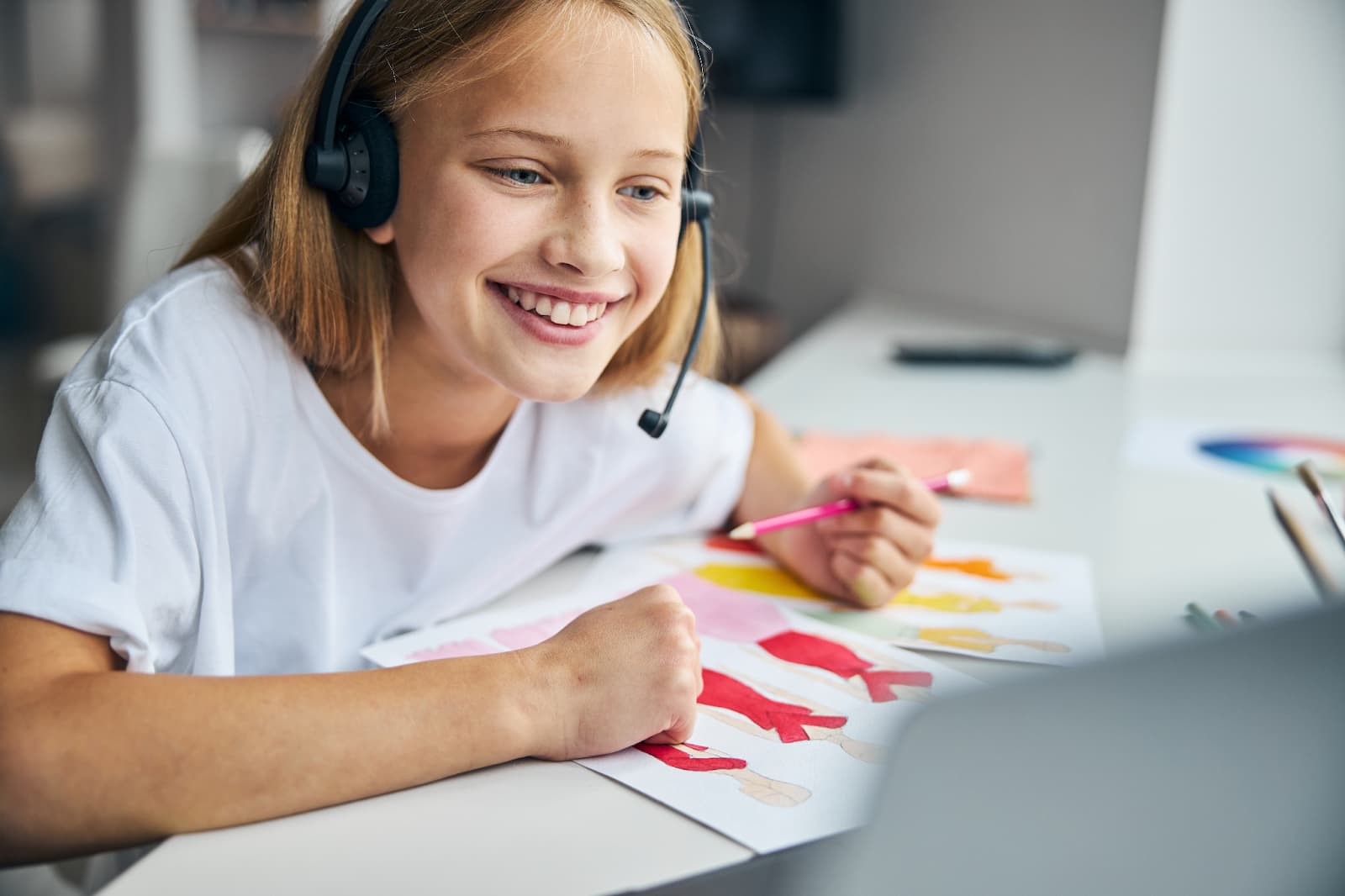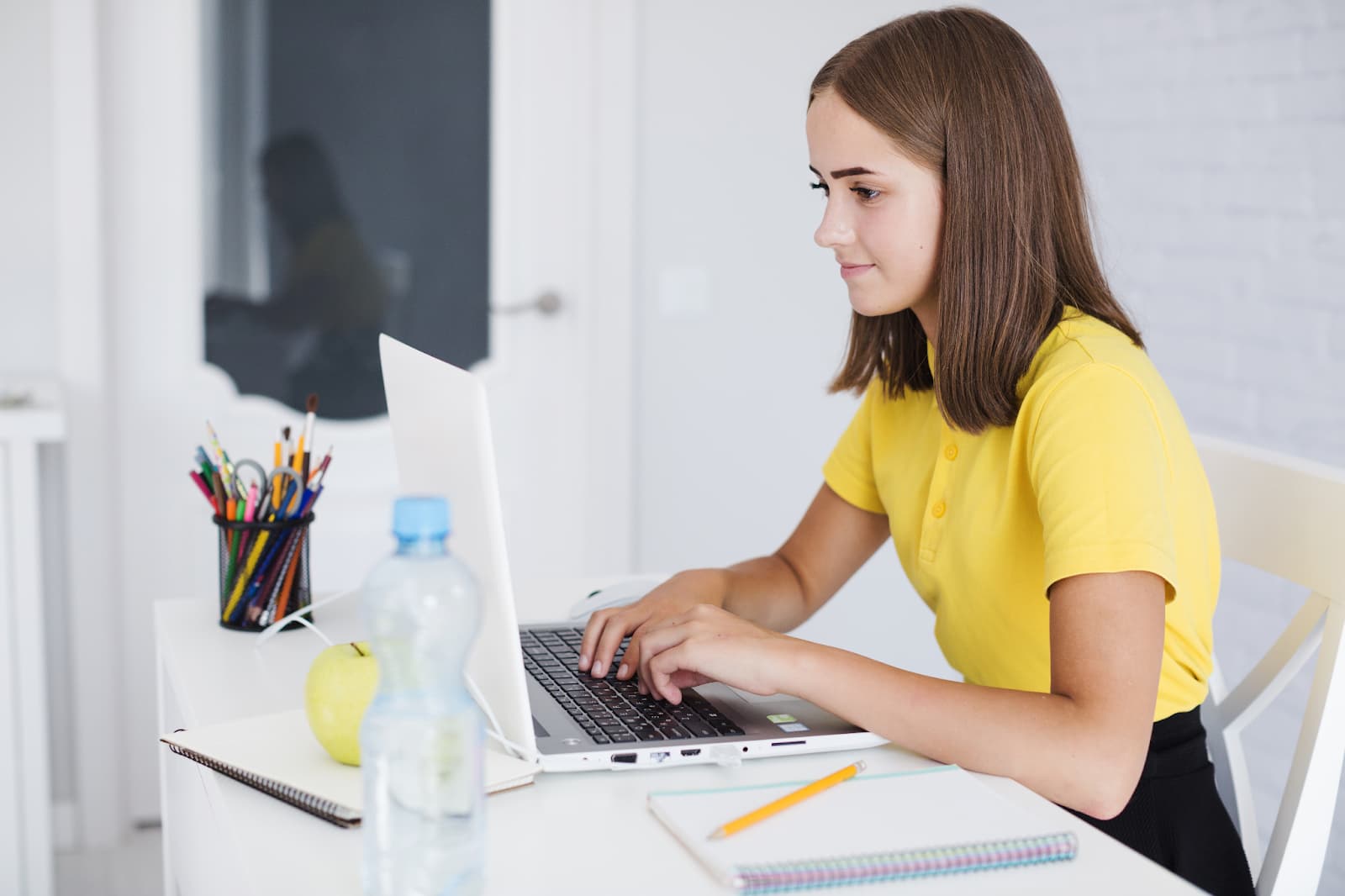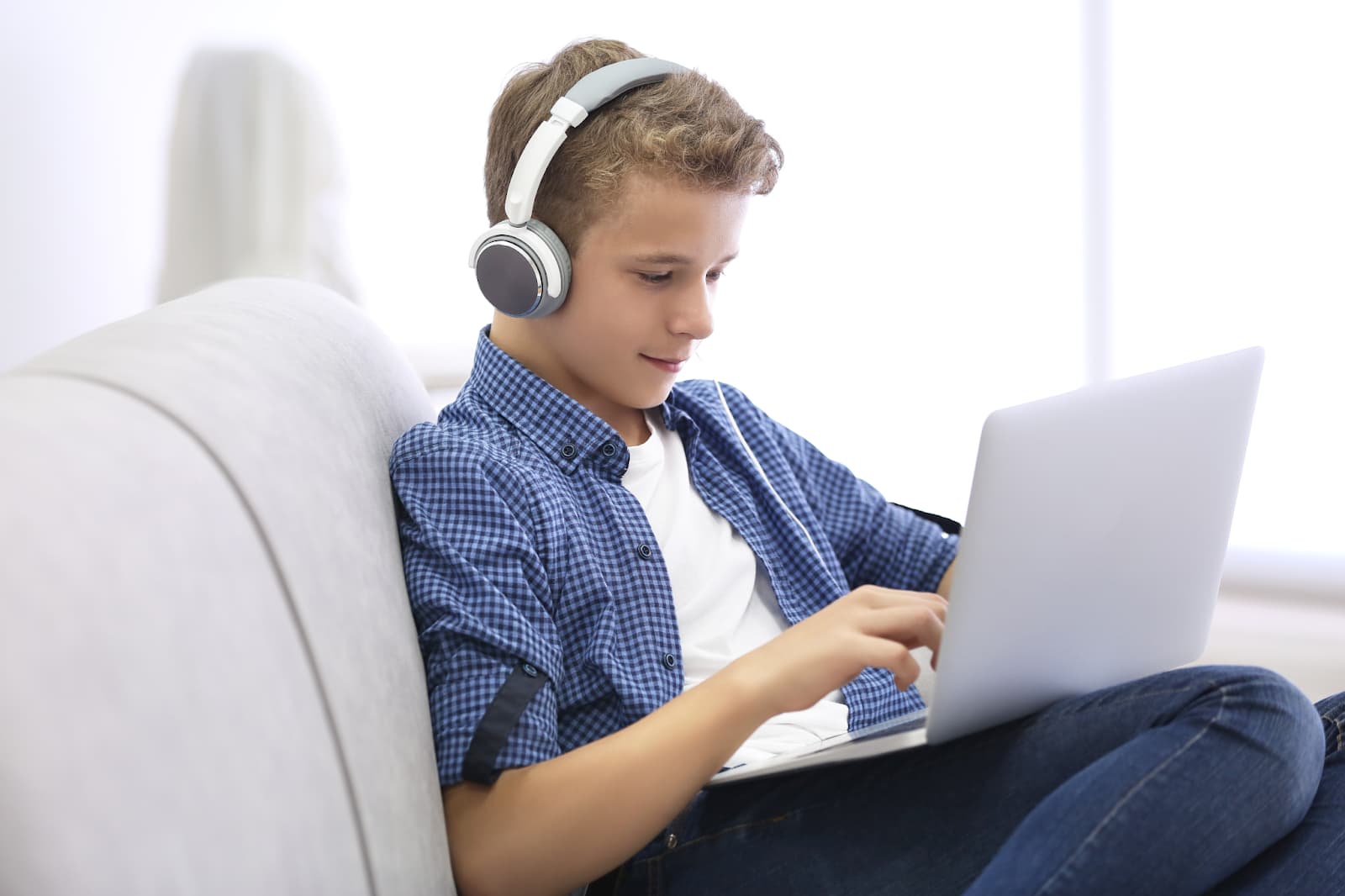Adolescents tend to express their feelings through impulsive decisions and actions or, on the contrary, become withdrawn. Art can help. It is not only about beauty and aesthetics, but also a way to share what is difficult to say out loud.
Imagine a typical day for a modern teenager: intense school lessons, additional clubs, sports sections, homework, and, of course, several hours in front of gadget screens. How can they find time to rest and recharge? Is it possible to combine quality offline education with proper relaxation?
This article will help you understand how to achieve balance. We will explain how to properly allocate time between offline education and leisure and which activities can instantly relieve stress and fatigue.
What is the Secret of Harmony?
Finding a balance between rest and offline education for teenagers requires a comprehensive approach. First of all, teenagers should assess their needs, habits, goals, and aspirations. Think about how much time is needed for effective offline education and which rest periods bring the most benefit. Teenagers also need to learn to understand themselves and their emotions, recognizing which activities bring joy. This will help plan their day properly, avoid wasting time, and prevent overload.
- Creating a Schedule.
Start with a detailed schedule of activities. It’s important to allocate time for lessons, extracurricular activities, sports, tutoring, etc. But don't forget about mandatory rest hours. The schedule can be in any format convenient for the teenager: a poster near the workspace, a table on the computer, or even notes on the phone. The main thing is that the information is always at hand. With a clear plan of action, teenagers will better manage their time, and tension will significantly decrease. - Setting Priorities.
Successful offline education for teenagers requires setting priorities, as it's impossible to cover everything at once. It's much more effective to divide tasks into several levels depending on the complexity and urgency of the work. For example, if you need to prepare for an important math test, write an art history paper, and develop a complex IT project. If the math test is tomorrow, it should be the top priority, while the paper due in a week can wait. The IT project can be worked on during breaks between other tasks or dedicated time during the weekends. This approach helps teenagers focus on the most important things, get enough rest, and avoid stress from a large number of tasks. - Time for Yourself.
Offline education for teenagers is undoubtedly important, but life shouldn't be limited to studying. It's essential to allocate time for hobbies, interests, and socializing with friends. This helps to relax and recharge after an intense school day. The main condition is that the activity should be enjoyable, engaging, and satisfying. Make sure hobbies don't become another obligation but rather a source of inspiration and joy.
Sometimes teenagers give up what they truly enjoy during the preparation period for important exams. But this is a mistake, as even a few hours of doing what you love can energize you for further success in offline education. Hobbies help relieve stress, boost mood and motivation, which ultimately positively affects overall productivity and learning. - Quality of Rest.
Not only offline education but also rest should be of high quality. Replace sitting in front of the TV or browsing social media with real relaxation. Try turning off your phone an hour before bedtime, and instead, read books, draw, or listen to calming music. Daily walks or sports activities help recover faster after a busy day and also contribute to health improvement. Experiment and find what truly energizes you.
What Technologies Can Help Restore Balance?
Try programs, mobile apps, and other modern tools that significantly improve the effectiveness of offline education and rest.
- Planners. These can be programs with task lists, reminders of important events, and time allocation between offline education and rest.
- Time Control Features on Gadgets. Some modern smartphones and tablets have options to limit access to apps and websites at certain hours. This helps teenagers focus better on offline education or rest.
- Meditation Apps. Programs with audio and video, special breathing techniques, and practices to relieve fatigue after a hard day.
Remember, only a balanced approach to offline education and rest allows teenagers to achieve personal well-being.

 1
1

 2
2

 3
3

 4
4

 5
5








